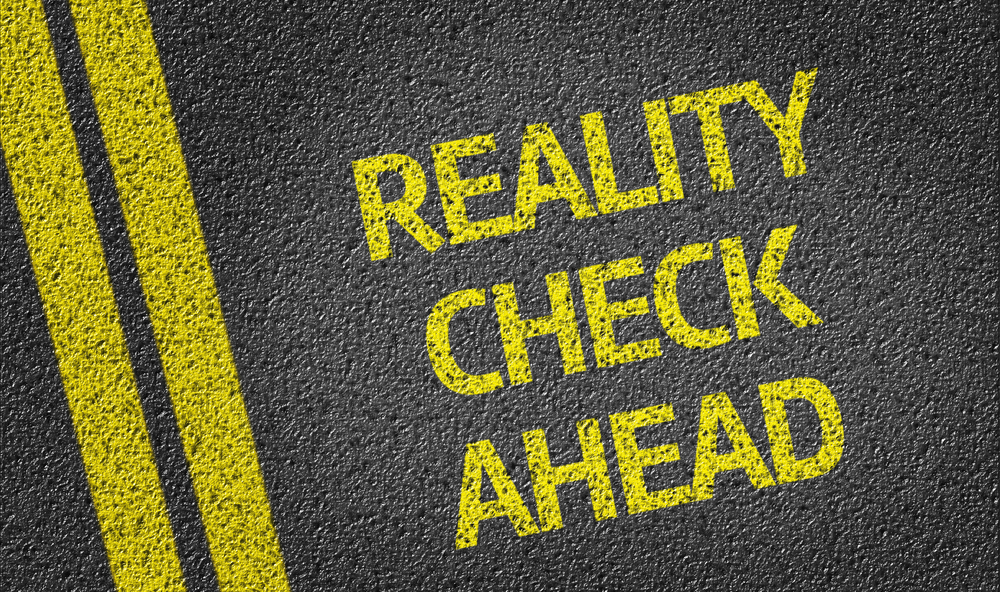In an age where getting quality sleep is needed more than ever (and fake news seems to be more common than sense) falling into the trap of believing everything we hear is why these sleep myths need to be busted, ASAP. So, let’s erase these 5 sleep lies and get you the rest you deserve.
- Joining the 5 am club leads to better productivity
When did we start believing that shaving time off our sleep to get to work earlier was a good idea? Does it really lead to better productivity, a better workout time, and keep us energized for the day ahead? Yes and no.
The secret no-one has told you about this myth is that to be an early riser, you need to be an early sleeper. Clocking in 7 – 9 hours of sleep a night will be your only hope in maintaining your energy levels the next day, (and no, chugging coffee all day to stay awake doesn’t count).
If your goal is to make haste while your household is asleep or clock in some endorphin time, getting the right amount of sleep will help stave off sleep deprivation symptoms that could make you overeat to replenish energy (making that workout session invalid) or see you losing concentration during the day.
- Being able to fall asleep “anytime, anywhere” means you’re a healthy sleeper
We all have that one friend that boasts of being able to fall asleep in just about any circumstance. News to them, they could be suffering from disruptive sleep issues, such as sleep apnea. Like insomnia, sleep apnea is a relatively common sleep disruptor that can interfere with your sleep quality and waking hours.
It can lead to periodically falling asleep throughout the day, snoring at night, and waking up gasping for air during sleep. This can have long-term health consequences and lead to sleep deprivation.
- A nightcap before bed helps you sleep better
Using alcohol as a sleep aid may be a fable kept alive by die-hard cowboys, but in fact, this sleep aid does the opposite. While it is true that alcohol has “sleepy” effects, this is only temporary as it leads to frequent wakings in the night, disrupting our sleep patterns.
Instead, go for a healthier nightcap like a hot cup of sleep tea or a glass of warm milk (without the rum) to help calm your body into sleep and allow your sleep patterns to work uninterrupted for a solid night’s sleep.
- Your brain shuts-off when you sleep
Nearly half the population think this to be true, and globally this is also a widely believed sleep myth. It is 100% false. The only part that shuts off or rests when you sleep is your body, your brain, however, is wide awake, recharging, recalibrating, and restoring memories from the day before.
This all happens during rapid eye movement (REM) sleep, when our brain is most active, processing information allowing us to wake up fresh in the morning.
- Eating cheese before bed increases the risk of nightmares
If you’re lactose intolerant, this could be true. But for the rest of us, there is no proof in the cheese pudding that cheese can cause an onset of nightmares. If anything, cheese, which contains tryptophan (a natural sleep inducer found in foods) could actually help you sleep better as it helps your body produce serotonin, the chemical partner that helps your sleep. So really, sweet dreams are, in fact, made of cheese.
Bonus myth:
You swallow a few spiders every year while you sleep
(We couldn’t resist adding one last myth to bust).
For all you arachnophobes out there we’re here to tell you that this is not true. (And the world rejoices!) Poor little common house spiders are in fact not interested in your snoring, gaping mouth and you’re more likely to scare any creepy crawlies away rather than invite them down your throat. (Hoorah!)
There you have it, 5 (plus) myths you need to stop believing right now. So, the next time you hear someone “did you know” at a barbeque, be sure to sleep-fact them, stat.
Hopefully we’ve helped shine a little truth on some of the most common sleep myths that some people still believe. If getting quality sleep at night is a constant struggle for you, it could be a sign of a potentially debilitating sleep disorder. If you believe you may be suffering from a sleep disorder and would like to have a sleep study performed, talk with your primary care physician about your sleep troubles or contact your local sleep clinic. If you live in Alaska and would like to see if a sleep study is appropriate for you contact The Alaska Sleep Clinic by clicking the link below to speak with a sleep educator about your symptoms in a free 10-minute phone call.












